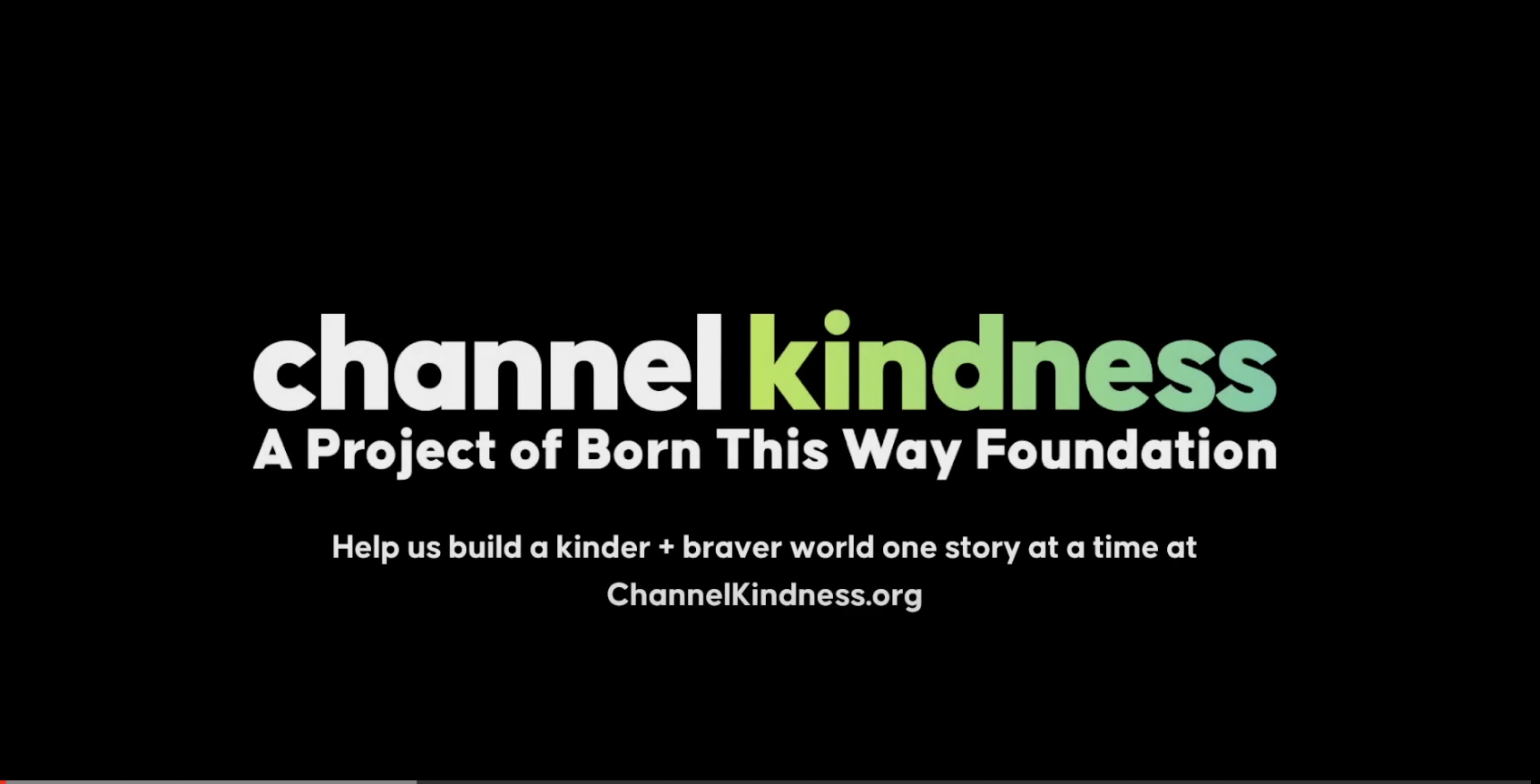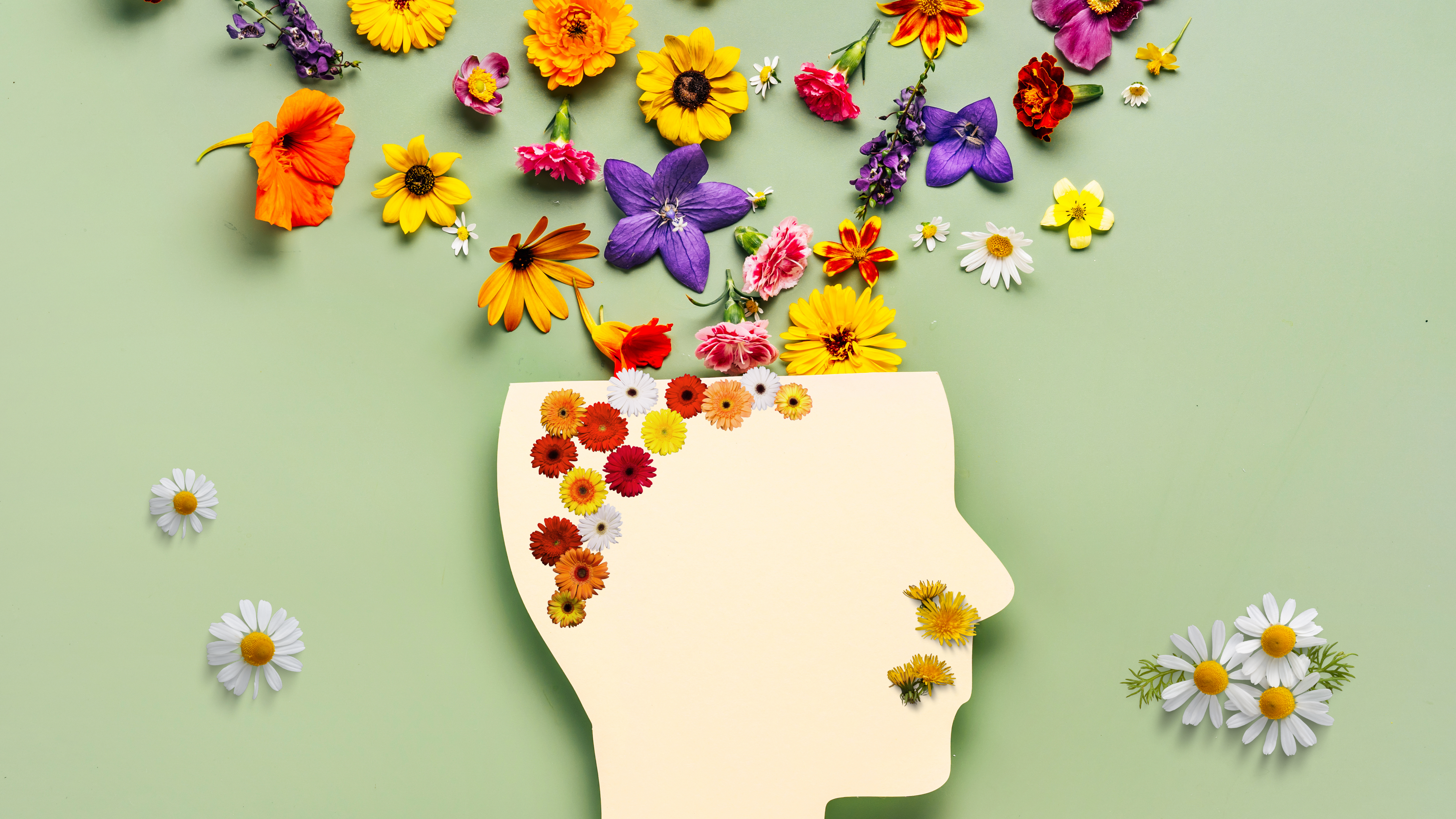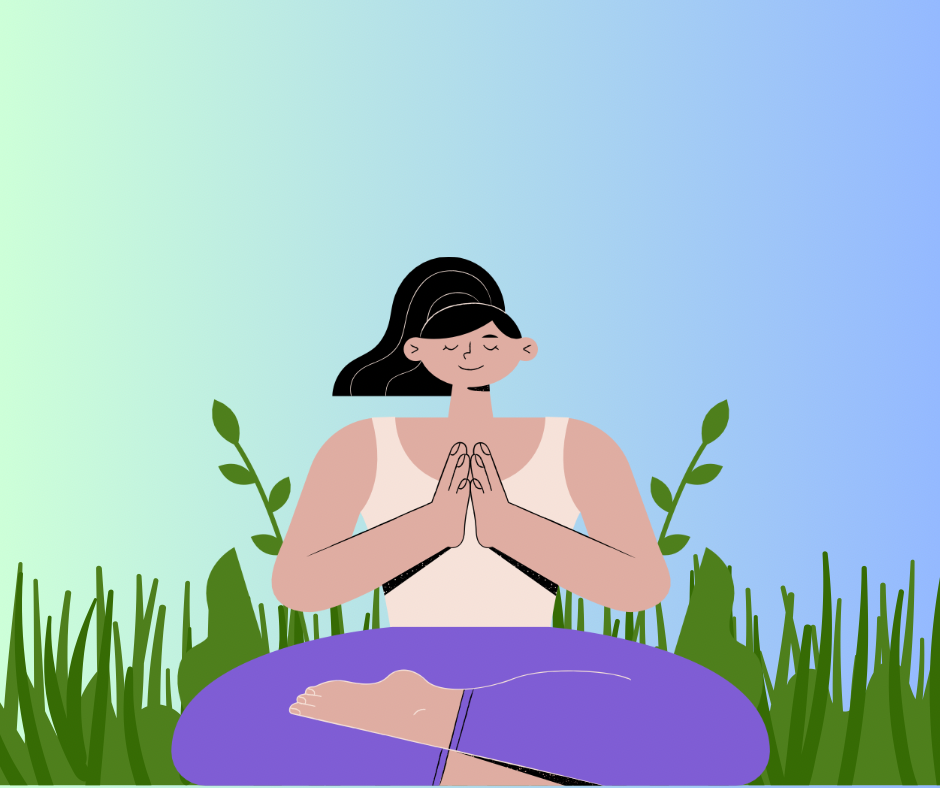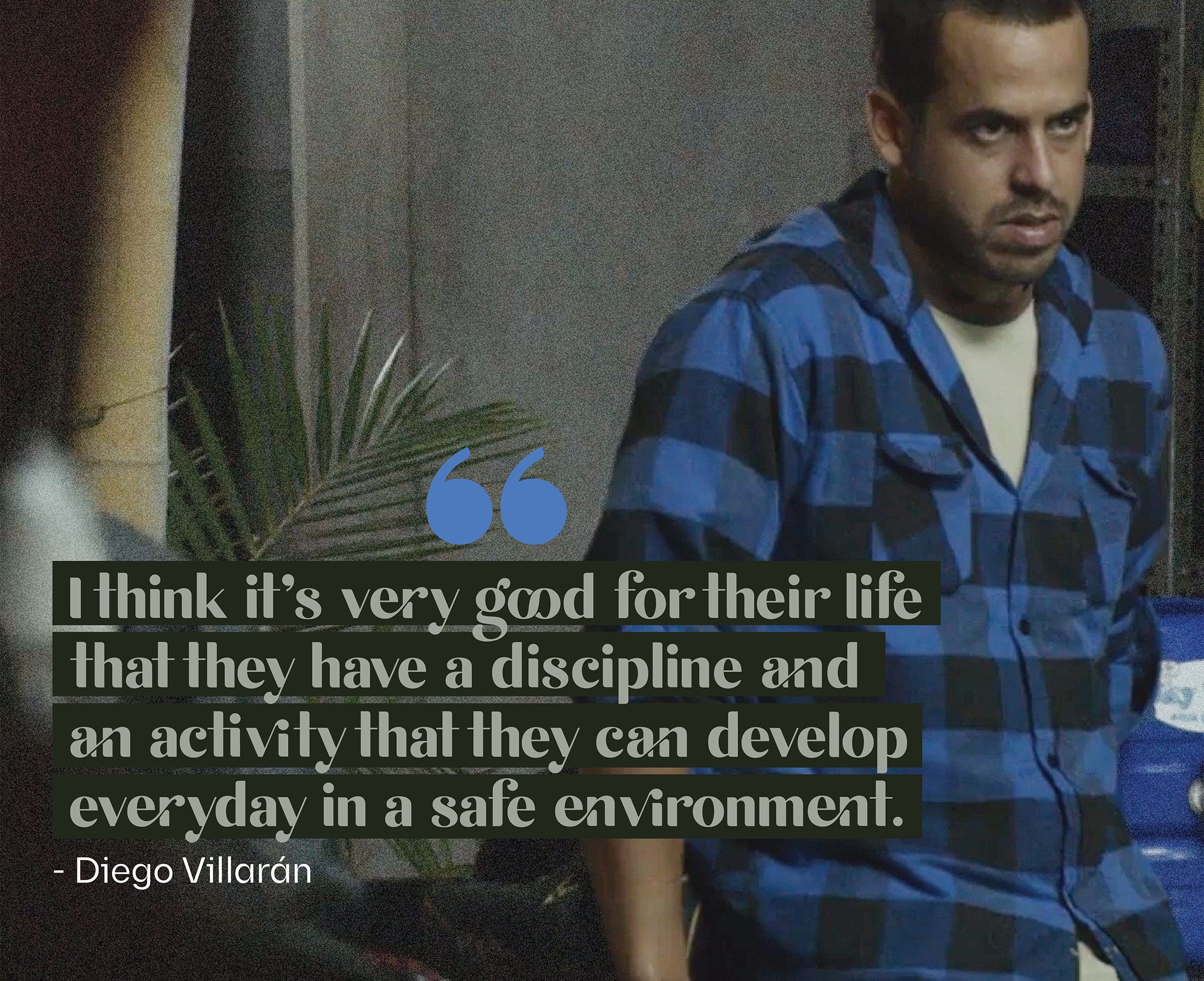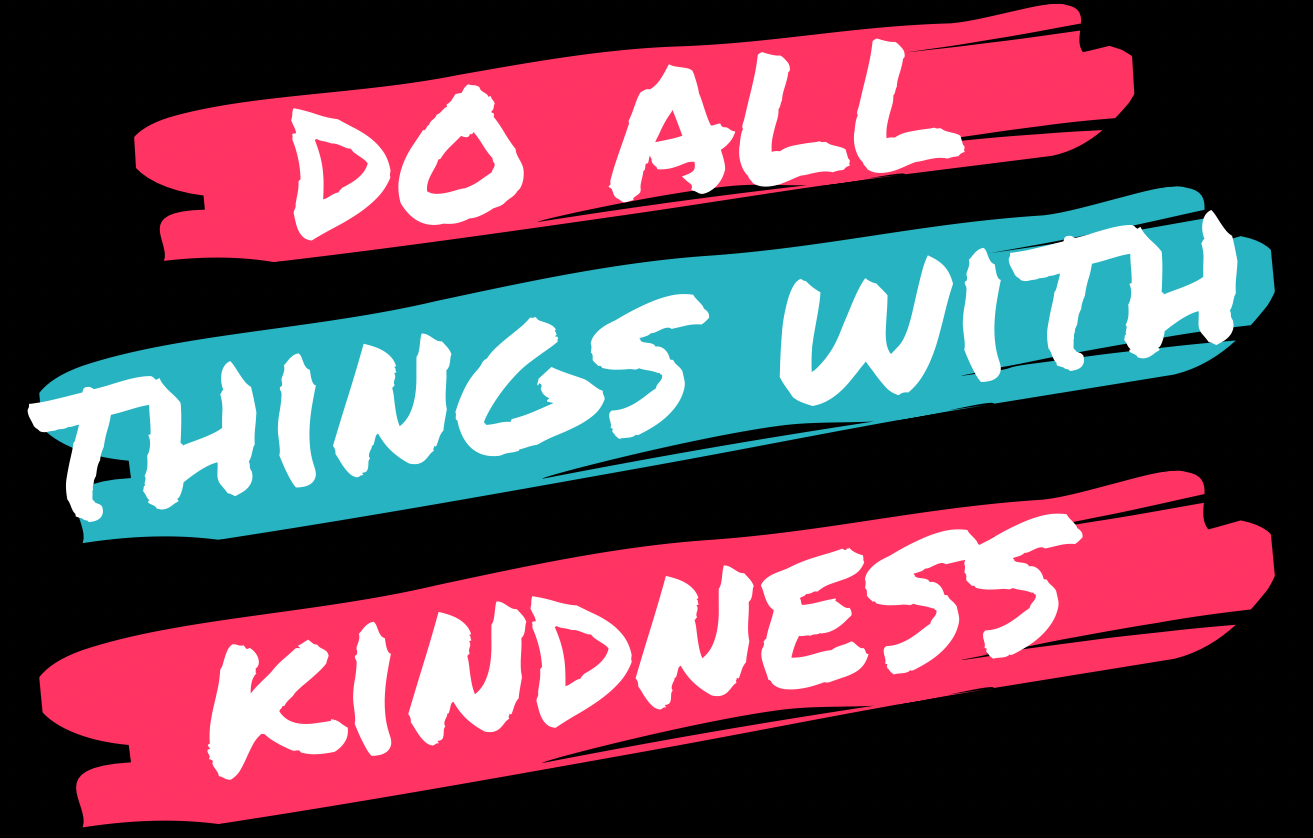
Thank you for helping us build a kinder + braver world!
Share your email with us so we can send you updates on our work and extra special Channel Kindness graphics!

Join the Kindest Corner of
the Internet!
A Child’s Right to Kindness?
November 20, 2021


Pledge to Take Action
Donate Now
Donate to Channel Kindness!November 20, 1959 – a historic day on which the United Nations General Assembly first adopted the Declaration of the Rights of the Child. On its 30th anniversary – November 20, 1989, the United Nations adopted the subsequent and revised Convention on the Rights of the Child. November 20 is since being celebrated annually as World Children’s Day as a day dedicated to celebrating children, unity, and the vision of a world appropriate for every child. Today, on November 20, 2021 – on the 32nd anniversary – this vision has yet to become a reality for every child. Especially when it comes to the mental wellness of children worldwide.
The COVID-19 crisis has turned out to be a political and economic crisis that has affected the world with regard to public health, education, and much more. With a variety of different sectors affected by the pandemic, it has turned out to be a child right’s crisis. This impacted society as a whole and thus, families worldwide with adolescents and youth are in the center of said crisis due to school closures, lockdowns, and other restrictions. Children worldwide have been forced to face a sudden change in their lives and have not always been able to follow as the world around them was moving faster than one would expect any child to be able to follow.
The pandemic has been a catalyst, worsening the already rough situation children have faced in various circumstances that have affected them and their mental health. But while it is very clear to many around the world that the ongoing pandemic has, in fact, been nothing short of a child right’s crisis with regards to their rights to education, safety, access to health care, and more, the connection to mental health of adolescents is often not communicated as clearly as it should be. It is no secret, however, that all those areas of concern have directly affected their mental health. It is also no secret that mental health has, even outside this pandemic, been a point of struggle for children already. With a world that is facing a complex conjunction of difficult circumstances and crises, it is necessary to give children everywhere the opportunity not to lose themselves in what seems like chaos. But instead, the world must give children the time necessary to adapt to all the changes around them. The ability, so to say, to change with the world.
What does that mean? Taking significant accomplishments and past missteps into consideration, it is crucial to give children the opportunity to be aware of the present and at the same time, for political leaders to be aware of their children’s as well. There are obstacles that still need to be overcome today to make children feel as well as possible and to prioritize their mental health. Children have a right to safety and to feeling safe, to health in all regards, to environments that actively see and listen to them and thus, treat them as their own entities.
The rights of the child range from rights to freedom, expression, and identity all the way to privacy, health and security, education. and much more. Most importantly, they have the right to knowing their rights, and to knowing and feeling that they do, in fact, matter. All these rights can perfectly be encapsulated in an implicit right to kindness in all aspects. The deserve such right to a world that treats them with kindness and that has their best interests at heart and acts upon them.
If the 32 years since the adoption of the Convention on the Rights of the Child have shown us anything on a global level, it is that kindness is more important than ever. This implicit right to kindness for every child is one that gives children the ability to be the visionaries who they can be and, on a daily basis, already are and thus, help shape the vision of a kinder and braver world. Together, everyone from locals to global decision-makers can help explicitly putting kindness into the foreground of all their actions to turn the vision of a kinder and braver world into a kinder and braver reality – for every child.
Pledge to Take Action
Donate Now
Donate to Channel Kindness!






